Early Childhood Education Services
Head Start is a child-focused program designed to increase the school readiness of children ages three to five years old.Our Comprehensive Approach to Early Childhood Development
Our preschool program delivers a range of services, responsive and appropriate to each child and family, that encompasses all aspects of a child’s development and learning. We use the Head Start Child Outcomes Framework which was established to guide Head Start programs in curriculum planning and ongoing assessment of children’s progress toward readiness.
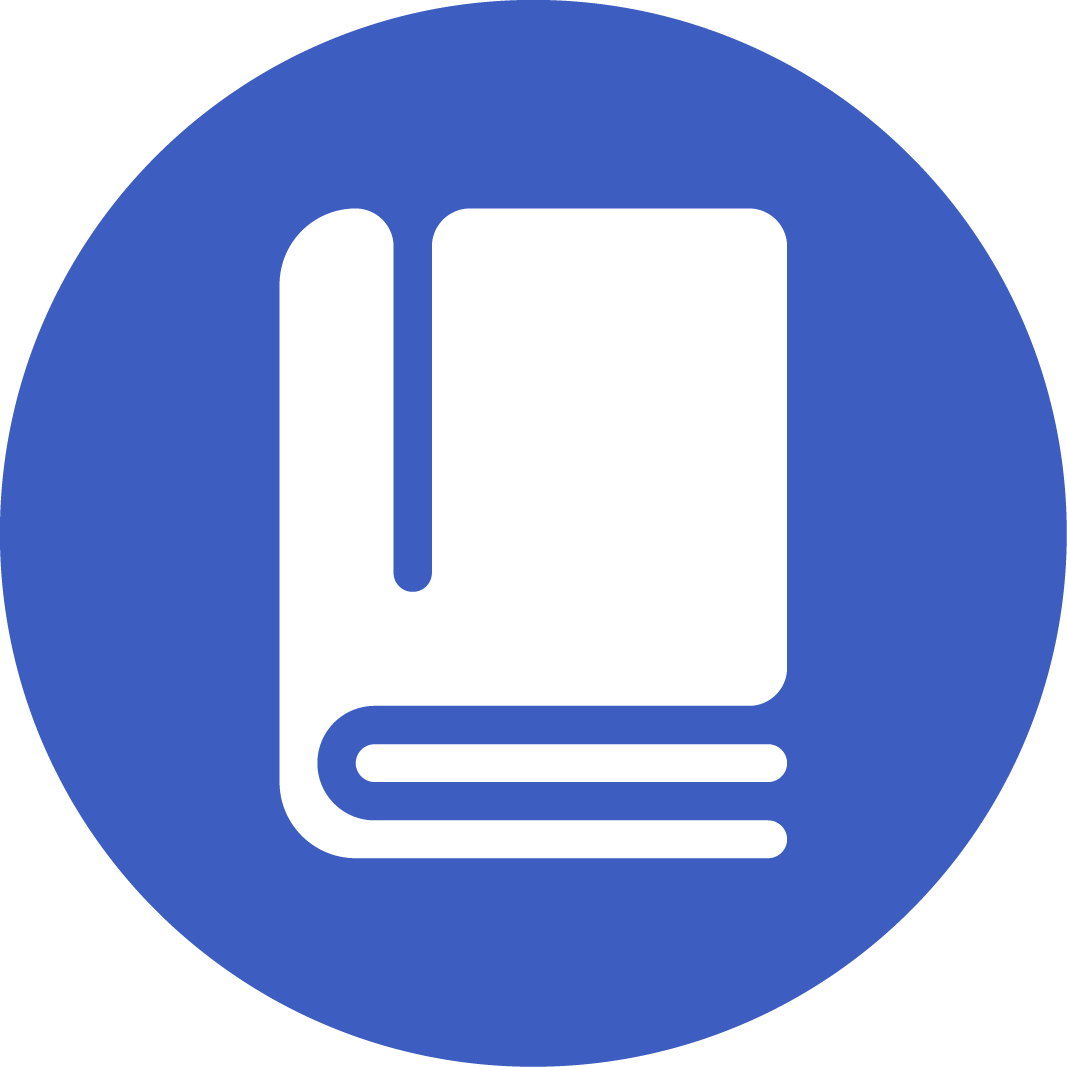
Language Development
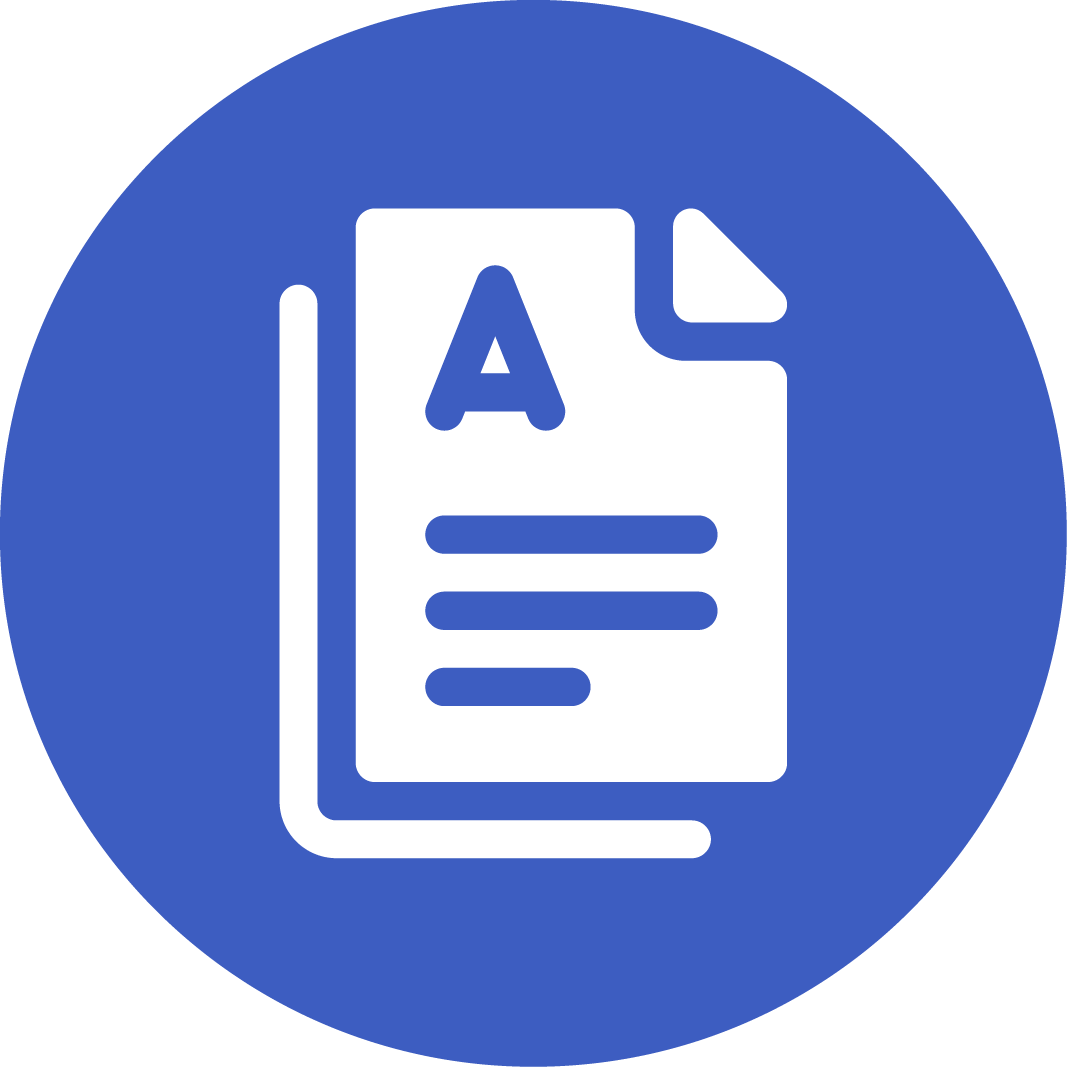
Literacy
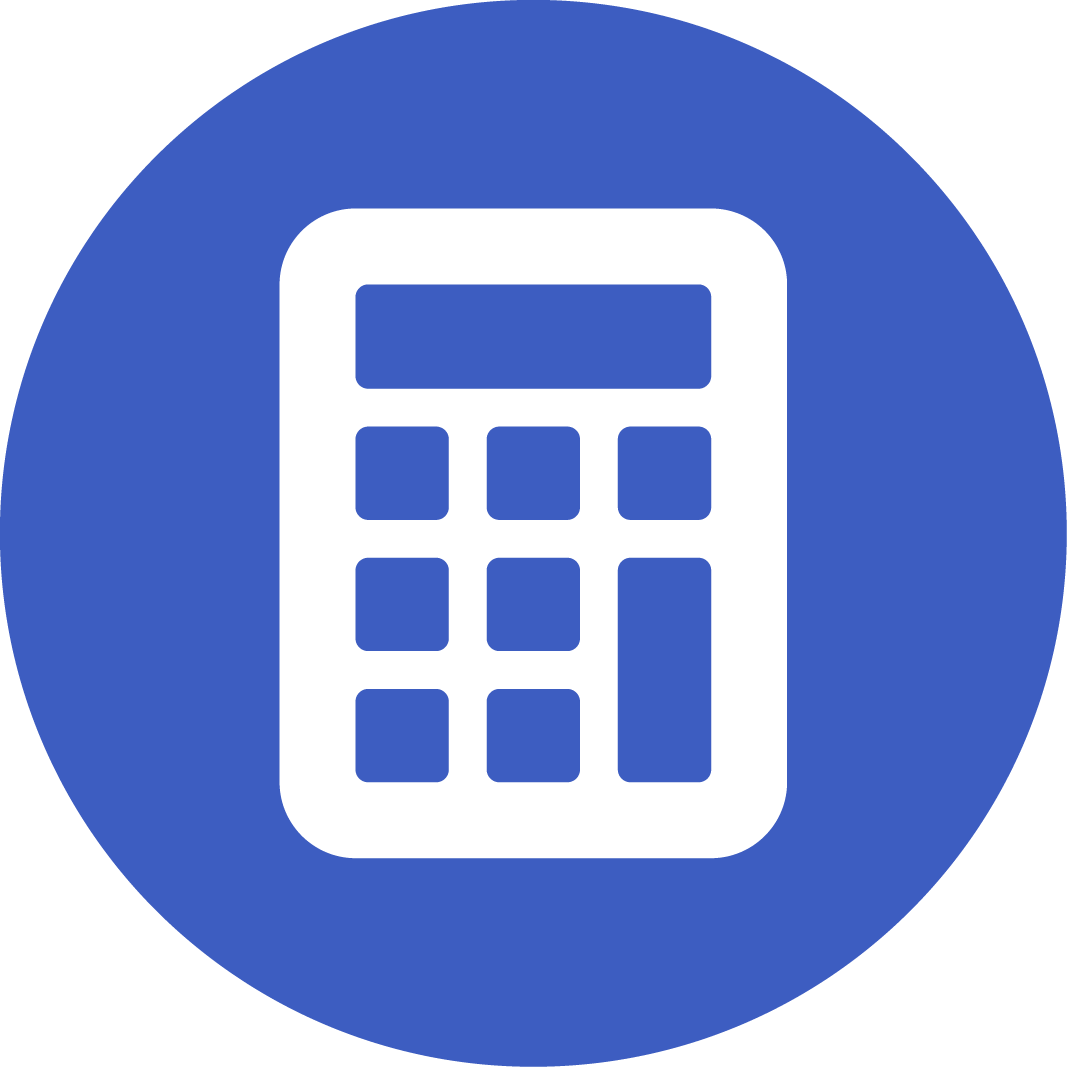
Mathematics
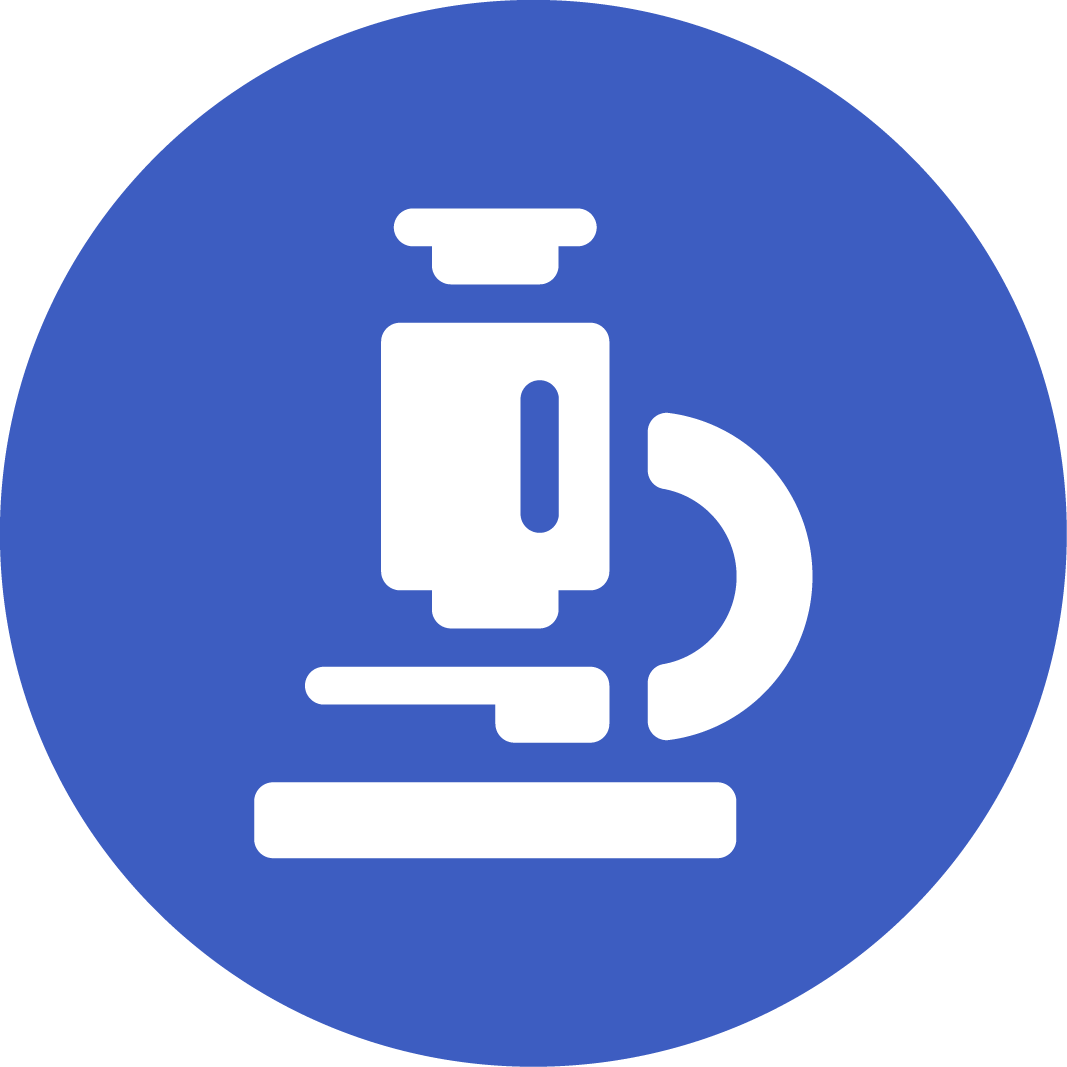
Science

Creative Arts
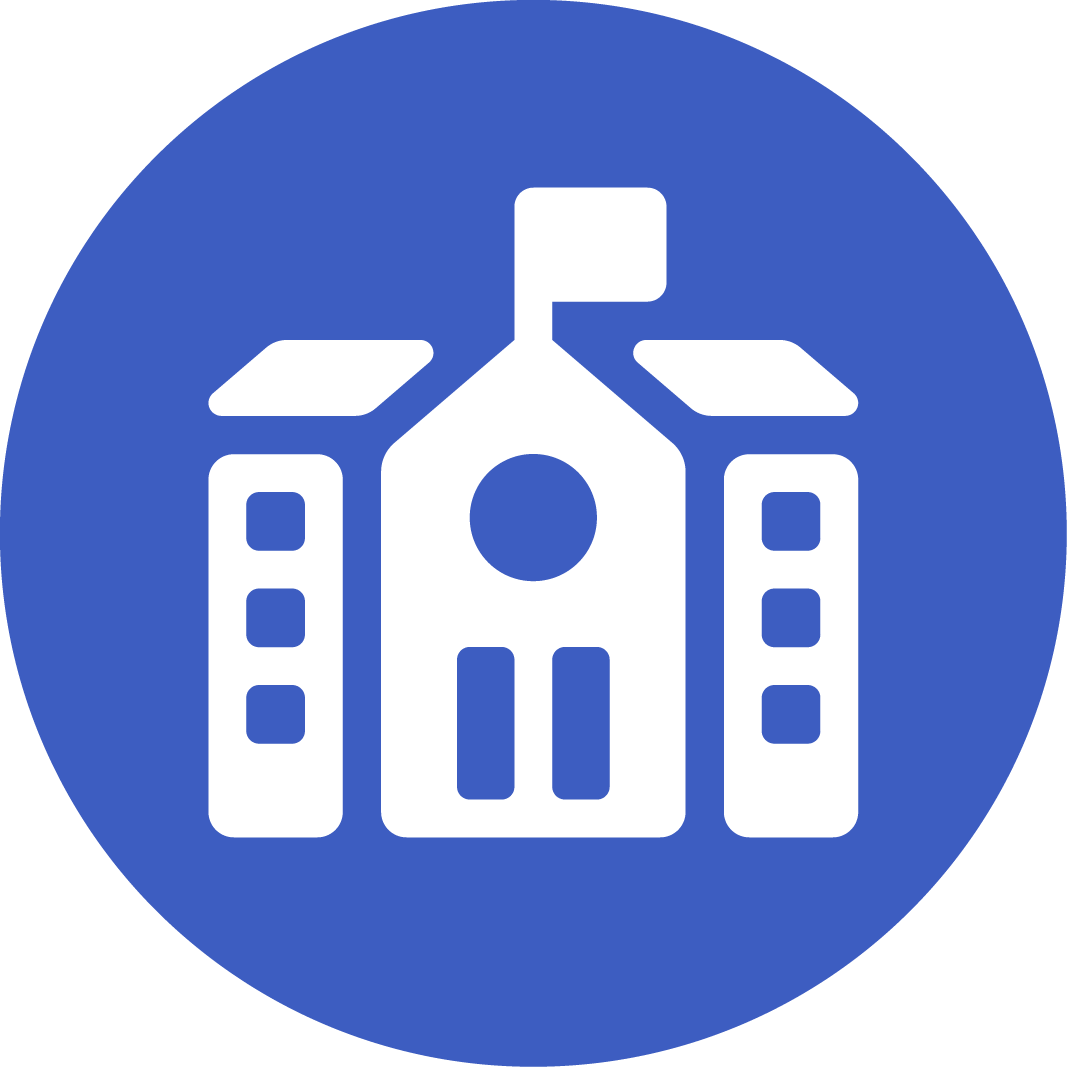
Social-Emotional Development
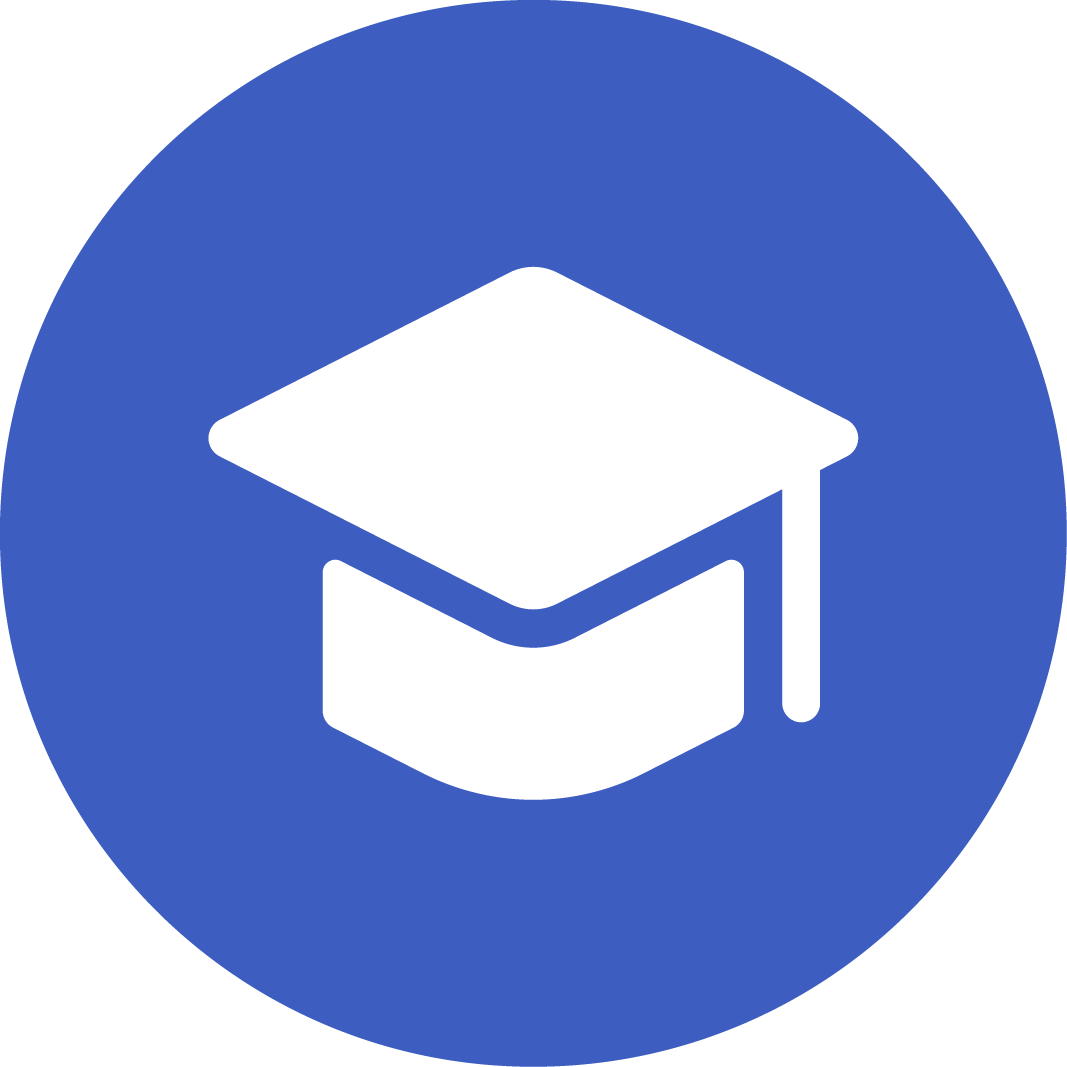
Approaches to Learning

Physical Health and Development
Curriculum
A curriculum is a plan that includes the goals for children’s development and learning, the materials and experiences through which children will achieve these goals, and what staff and parents do to help children achieve these goals. Activities and the play environment are responsive to the varying temperaments, learning styles, languages, and cultural backgrounds of children and families. Lesson plans including plans for individualization are developed for home-based and center-based programming. The Northeast South Dakota Head Start teaching curriculum is The Creative Curriculum for Preschool, 6th Edition. Other supplemental resources are used to enhance the curriculum. Conscious Discipline is used as the social & emotional curriculum as well as the parenting curriculum.
Ongoing Assessment
Ongoing assessment is required for all children enrolled in the Head Start program. Results help staff plan curriculum experiences that address each child’s individual strengths and needs. NESD Head Start uses Teaching Strategies Gold. This system is aligned with Head Start Outcomes Framework and the Creative Curriculum goals and objectives and offers the following.
-
A strengths-based approach that gives teachers the tools to collect information and analyze children’s progress as part of demonstrating program outcomes and management accountability.
- Goals and objectives that are fundamental to sound early childhood programming and consistent with Head Start domain elements and indicators.
-
Allows Teachers/Home Visitors to conduct authentic assessment that is based on observations taken during daily classroom activities.
Individualization
Head Start staff use information from well-child exams, developmental screening, assessment, ongoing observation, and insights from the child’s parents to determine how the program can best respond to each child’s individual strengths and needs. This means that staff makes decisions about how to set up the play environment, what materials to place on shelves, and the kinds of experiences to offer based on their knowledge of each child and of the group of children. Providing purposeful learning moments that match children’s needs ensures ongoing development and positive outcomes.
Disabilities Services
Head Start supports the inclusion of children with disabilities in an integrated setting by offering opportunities for placement and adapting the curriculum to meet their unique needs. This inclusive experience is beneficial for all children and fosters confidence and positive self-esteem. The staff works collaboratively with their Local Education Agency (LEA) to assist families in accessing services. Children with disabilities may be referred by other agencies or identified through participation in the Head Start program.
